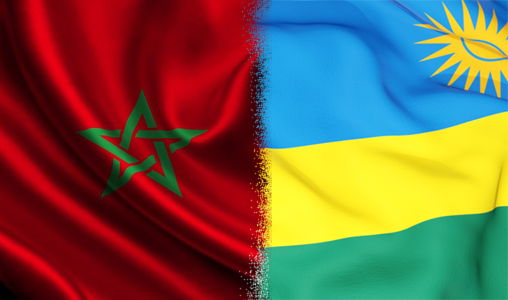Commemoration of the Rwandan Genocide: A Moment of Remembrance and Commitment to the Future

On Monday, April 7, 2025, the Embassy of the Republic of Rwanda in the Kingdom of Morocco, in collaboration with the Rwandan community, friends of Rwanda, the diplomatic corps accredited in the Kingdom, and Moroccan officials, will commemorate the 31st anniversary of the genocide against the Tutsi population. This day is dedicated to honoring the memory of over one million Tutsis who were brutally killed in Rwanda during the tragic 100 days of 1994.
Under the theme “Remembering, Building, Together,” this ceremony will take place from 2 PM to 4 PM at the National Library of the Kingdom of Morocco in Rabat, with the presence of Mr. Nasser Bourita, Minister of Foreign Affairs, African Cooperation, and Moroccans Living Abroad, serving as the guest of honor on behalf of the Moroccan government.
Commemorative activities are organized each year from April 7 to July 3, both in Rwanda and worldwide, to remember the genocide and raise awareness, especially among younger generations. These events include international conferences and educational programs, highlighting the importance of commemorating this tragedy and preventing future atrocities.
In 2020, the United Nations General Assembly designated April 7 as the International Day of Reflection on the Genocide Against the Tutsi in Rwanda, urging all member states to observe this day with special activities in honor of the victims, while reaffirming the international community’s commitment to preventing such tragedies in the future.
The commemoration of the genocide also serves as a crucial moment to honor survivors, pay tribute to Rwandans who halted the genocide and liberated their country, and unite to learn from this tragedy. It presents an opportunity to combat the ideology of genocide, hate speech, and promote peace and unity around the globe.
Rwandan President Paul Kagame reminded attendees at the 30th commemoration that “the tragedy of Rwanda is a warning,” emphasizing that division and extremism, if left unchecked, can lead to similar atrocities in any other country. Today, Rwanda, a resilient nation of 14 million inhabitants, remains committed to never turning back and to preventing future tragedies.






